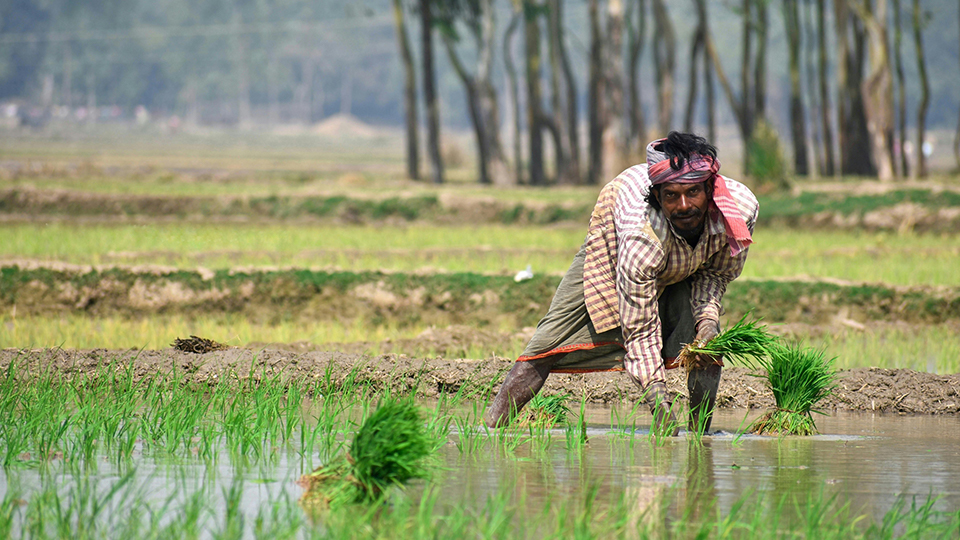Agriculture is the backbone of India, employing nearly 50% of the workforce and supporting a population of 1.4 billion. However, traditional farming methods are evolving with the rise of artificial intelligence (AI), offering hope for increased efficiency, productivity, and profitability.


In India, some forward-thinking farmers, like Nan Pel, are turning to AI-powered technology to enhance their farming practices. Using sensor devices on his vineyard, Pel can now monitor weather conditions, soil health, and even determine the best times to water his crops, apply fertilizer, and tackle pests. The AI-driven system sends him precise recommendations through a mobile app, optimizing water usage—a crucial need in areas with limited water resources. In fact, Pel’s vineyard, which relies on water purchased from outside sources, has achieved 50% savings in water usage thanks to this data-driven approach.
The technology Pel is using comes from Fil Agri Tech, a startup based in Bangalore, India’s own Silicon Valley. Their innovative solution has already boosted productivity by 25% on crops like grapes and guavas. Informed decision-making is just one aspect; AI is also helping to eliminate inefficiencies in age-old farming practices.
AI-Powered Robots: Precision in Action
Beyond water management, AI-powered robots are playing a role in optimizing other farming operations, such as pesticide spraying. Equipped with Precision cameras, these robots can scan the ground in real-time and spray only where necessary, avoiding waste. This plant-level precision has resulted in 56% savings on pesticides, making farming both cost-effective and environmentally friendly.
Challenges and the Path Forward
While the potential of AI in agriculture is clear, only 2% of Indian farmers currently use technology in their farming practices. To scale this innovation, experts stress the need for improved rural digital connectivity and robust public-private partnerships. India faces several challenges, including limited resources, low crop yields, and financial constraints for farmers. AI and data-driven agriculture can help bridge these gaps, but significant investment and time are required to bring these advancements to the majority of India’s cultivators.
The promise of AI in agriculture is immense, but achieving widespread adoption will involve overcoming infrastructural, financial, and educational hurdles. As innovations like those from Fil Agri Tech gain traction, the future of farming in India may very well be shaped by artificial intelligence, improving not only productivity but also the livelihoods of millions of farmers.